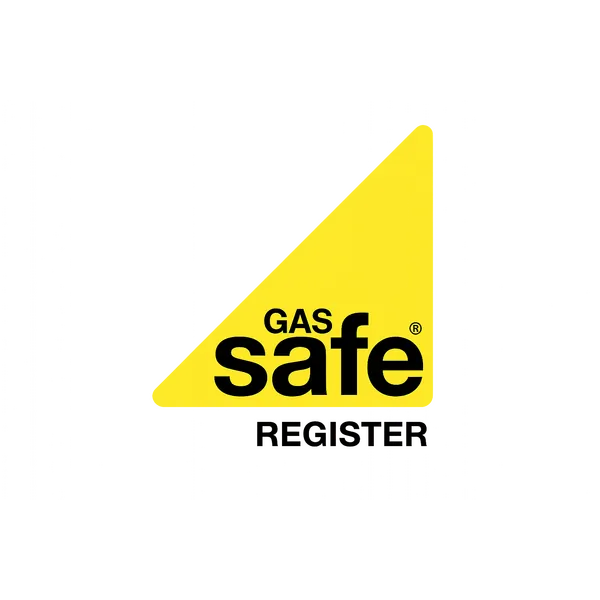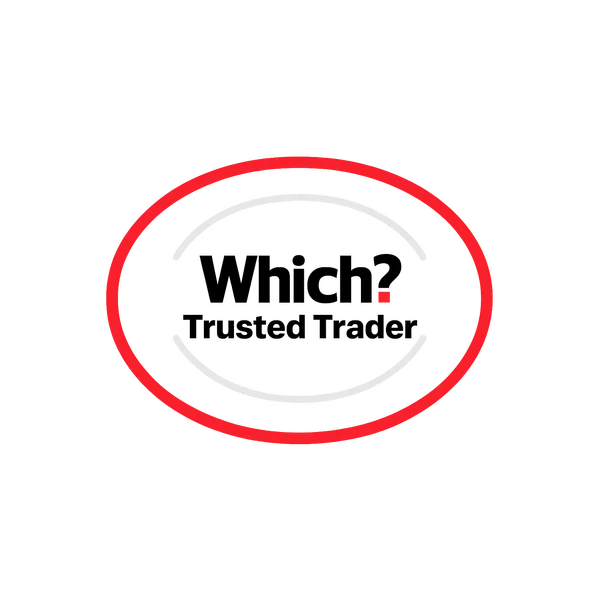Will an Air Source Heat Pump Work with My Old Radiators?
As homeowners across the UK increasingly consider air source heat pumps to reduce their carbon footprint and energy bills, one question consistently arises: "Will this new heating technology work with my existing radiators?" The answer is more nuanced than a simple yes or no, but understanding the principles of low-temperature heating and radiator compatibility can help you make an informed decision about your home's heating future.
Understanding Low-Temperature Heating Principles
Traditional gas boilers operate at high temperatures, typically delivering water to your radiators at 70-80°C. This high-temperature approach allows for rapid heating but comes with significant energy inefficiency. Air source heat pumps, in contrast, operate most efficiently at lower temperatures, typically between 35-55°C.
This fundamental difference in operating temperatures doesn't mean heat pumps can't heat your home effectively. Rather, they work on the principle of continuous, gentle heating rather than rapid bursts. The key lies in ensuring your existing heating distribution system—particularly your radiators—can deliver sufficient warmth at these lower temperatures.
Common Concerns About Radiator Compatibility
"My radiators are too small for low-temperature heating"
Many homeowners worry that their existing radiators won't be large enough to provide adequate warmth at lower flow temperatures. While this can be a valid concern, it's not universally true. The suitability depends on several factors:
- Radiator size and output: Larger radiators naturally perform better with low-temperature systems
- Room insulation levels: Well-insulated rooms require less heat input
- Window quality and glazing: Modern double or triple glazing reduces heat loss
- Building fabric efficiency: Solid wall insulation and draught-proofing significantly impact heating requirements
"The system will never get my home warm enough"
This misconception stems from comparing heat pump performance to traditional boilers. While heat pumps may take longer to initially heat a cold space, they maintain consistent temperatures more effectively once the desired level is reached. The continuous operation prevents the temperature fluctuations common with conventional systems.
"I'll need to replace all my radiators"
While some radiator upgrades may be necessary, complete replacement is rarely required. Most retrofit projects involve a mix of retaining suitable existing radiators, upsizing some problematic ones, and potentially adding new radiators in particularly challenging spaces.
When Radiator Upgrades Are Actually Necessary
Certain scenarios do require radiator modifications or replacements to ensure optimal heat pump performance:
Single-panel radiators in large rooms
Single-panel radiators, common in older properties, often lack sufficient surface area for effective low-temperature heating. These typically need replacement with double or triple-panel models to increase heat output.
Rooms with significant heat loss
Spaces with large windows, poor insulation, or high ceilings may require larger radiators or additional heating elements to compensate for increased heat demand at lower temperatures.
Systems with small-bore pipework
Some older heating systems use pipework that's too narrow for the increased water flow rates needed by heat pumps. In these cases, pipework upgrades may be necessary alongside radiator considerations.
The Risks of Undersized Systems
Attempting to use an air source heat pump with significantly undersized radiators can lead to several problems:
Reduced comfort levels
Undersized radiators may struggle to maintain comfortable temperatures during colder weather, leading to chilly rooms and dissatisfied homeowners.
Increased running costs
When radiators can't provide sufficient heat at lower temperatures, the system may need to operate at higher temperatures than optimal, reducing efficiency and increasing electricity consumption.
Compressor strain and reduced lifespan
Consistently running a heat pump at higher temperatures to compensate for undersized radiators can place additional strain on the compressor, potentially shortening the system's operational life.
Frequent defrost cycles
In cold weather, undersized systems may require more frequent defrost cycles as the unit works harder to meet heating demands, further reducing efficiency.
CRG Direct's Comprehensive Assessment Process
At CRG Direct, we've developed a thorough assessment methodology to determine radiator compatibility and optimise heat pump performance in retrofit scenarios:
Step 1: Detailed property survey
Our certified engineers conduct a comprehensive survey of your property, including:
- Heat loss calculations: Room-by-room assessment of insulation levels, window quality, and building fabric
- Radiator inventory: Documentation of existing radiator types, sizes, and outputs
- System evaluation: Assessment of pipework, controls, and overall heating distribution
Step 2: Heat demand analysis
Using specialised software, we calculate the precise heating requirements for each room based on:
- Building orientation and exposure
- Room dimensions and ceiling heights
- Insulation quality and window specifications
- Local climate data and design temperatures
Step 3: Radiator suitability assessment
We compare existing radiator outputs against calculated heat demands at typical heat pump operating temperatures (35-45°C flow temperature). This reveals:
- Which radiators can be retained without modification
- Which radiators need upsizing
- Where additional heating elements might be beneficial
Step 4: System design optimisation
Our engineers design a complete heating system that maximises efficiency while minimising disruption, including:
- Appropriate heat pump sizing
- Optimised radiator selection and placement
- Control strategy development
- Integration with existing heating infrastructure
Realistic Expectations for Retrofit Projects
Understanding what to expect from a heat pump retrofit helps ensure satisfaction with the final installation:
Heating behaviour changes
Heat pumps provide gentle, consistent warmth rather than the rapid temperature spikes of traditional boilers. Homes feel consistently comfortable rather than alternating between too hot and too cold.
Operating patterns
Unlike boilers that cycle on and off, heat pumps typically run for longer periods at lower outputs. This continuous operation is more efficient and provides more stable temperatures.
Potential radiator modifications
Most retrofit projects involve some radiator changes. Typically, 20-40% of radiators may need replacement or upsizing, while the remainder can often be retained.
System efficiency factors
The final efficiency of your heat pump system depends on multiple factors beyond radiator compatibility, including:
- Insulation quality: Well-insulated homes achieve better performance
- Control strategy: Proper programming optimises efficiency
- Maintenance: Regular servicing maintains peak performance
- User behaviour: Understanding how to operate the system effectively
The Financial and Environmental Benefits
Despite potential upfront costs for radiator upgrades, the long-term benefits make heat pumps an attractive investment:
Reduced carbon emissions
Air source heat pumps typically reduce carbon emissions by 50-70% compared to gas boilers, contributing significantly to your household's environmental impact.
Lower running costs
With electricity prices stabilising and government incentives available, well-designed heat pump systems can offer competitive running costs, particularly when combined with solar PV or time-of-use tariffs.
Future-proofing your property
As the UK moves toward net zero, properties with low-carbon heating systems are likely to see increased value and desirability in the housing market.
Government support
Various grant schemes and financial incentives are available to help offset the costs of heat pump installation and necessary radiator upgrades.
Making the Right Decision for Your Home
The question of whether your old radiators will work with an air source heat pump doesn't have a one-size-fits-all answer. However, with professional assessment and careful planning, most properties can successfully transition to this efficient, low-carbon heating technology.
The key is understanding that some modifications may be necessary to achieve optimal performance. Rather than viewing radiator upgrades as a drawback, consider them an investment in your home's heating efficiency and comfort levels for years to come.
At CRG Direct, we believe in providing honest, transparent advice about what's achievable with your existing heating system. Our assessment process ensures you understand exactly what modifications might be needed and why they're necessary for optimal heat pump performance.
Ready to Explore Your Options?
If you're considering an air source heat pump for your property but have concerns about radiator compatibility, our team of experts is here to help. We provide comprehensive assessments that give you the clarity and confidence to make informed decisions about your heating future.
Contact us today to schedule your no-obligation heat pump compatibility assessment and discover how we can help you transition to efficient, low-carbon heating while maximising the use of your existing radiators.















